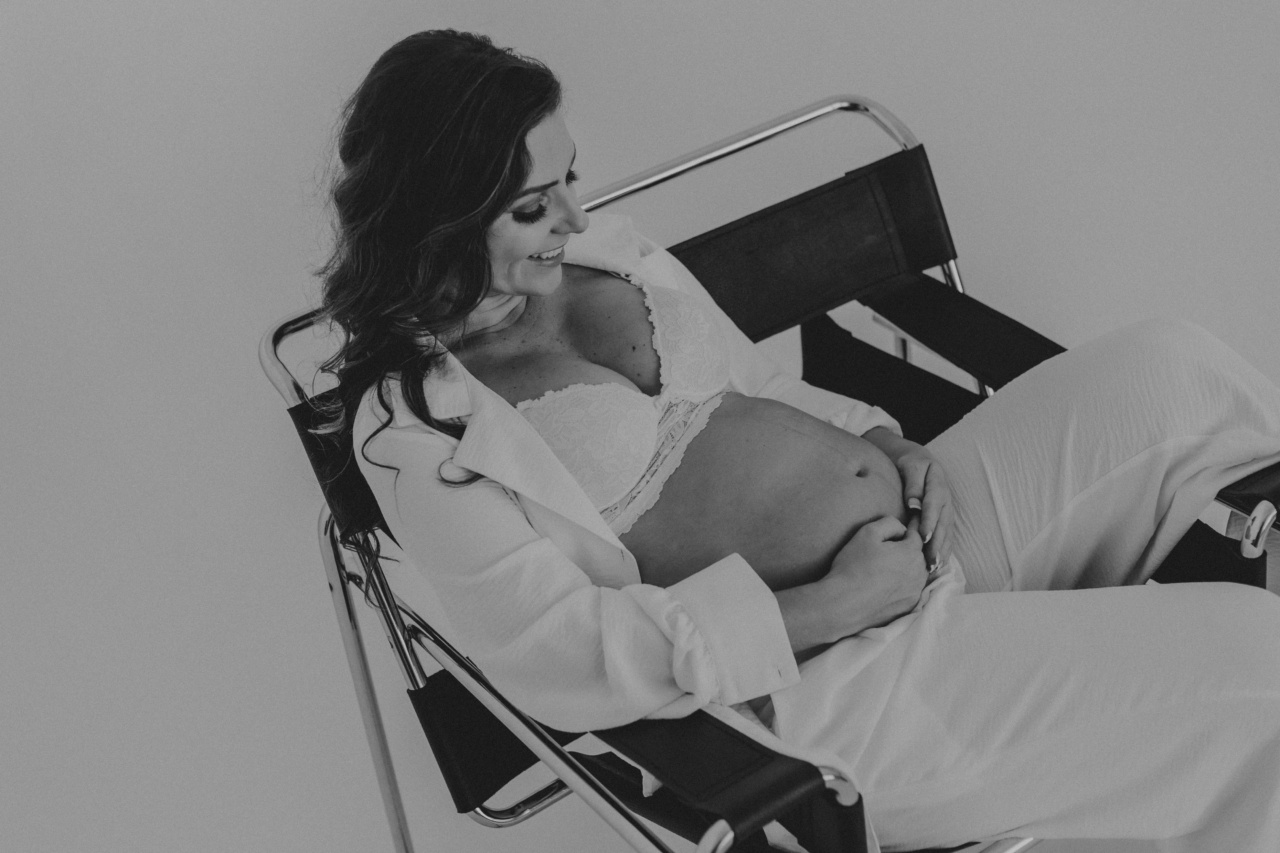After nine months of carrying a growing baby, most new mums can’t wait to get back to their pre-pregnancy weight. Unfortunately, this can be easier said than done.
Shedding pregnancy pounds can be challenging and it often takes time, effort and patience. In this article, we’ll discuss the common challenges new mums face when trying to lose baby weight and some tips to help overcome them.
Hormonal Changes
Postpartum hormonal changes are a major challenge when it comes to shedding pregnancy pounds. Hormones such as oestrogen and progesterone increase during pregnancy to support the growth and development of the baby.
After delivery, these hormones drop, which can affect the body’s metabolism and ability to burn fat.
If you’re struggling with hormonal changes post-birth, you may want to talk to your doctor about hormonal replacement therapy. This therapy can help balance out your hormones, allowing you to lose weight more effectively.
Lack of Sleep
After giving birth, new mums are typically sleep-deprived due to the constant demands of caring for a newborn. Sleep deprivation can lead to fatigue, which can make it harder to stick to a healthy lifestyle.
It’s harder to make healthy food choices and to motivate yourself to exercise when you’re tired.
To make up for the lack of sleep, aim for short naps throughout the day when your baby is sleeping. This will help you feel more energised and focused.
Also, prioritize self-care, such as relaxing baths or massages, as it can help you to de-stress and sleep better at night.
Changes in Appetite
Pregnancy can have a huge impact on a woman’s appetite. During pregnancy, many women experience cravings for particular foods and may eat more than usual.
After pregnancy, the body will crave different foods that help with recovery, but it’s important to maintain a balanced diet and be mindful of portions.
If you find it hard to control your appetite, try including more protein in your diet. Protein-rich foods, such as lean meats, fish, and legumes, can help to keep you fuller for longer and reduce cravings.
Time Constraints
As a new mum, finding time for exercise can be especially tricky. Between feeding, changing, and napping your baby, it can be difficult to fit in a workout.
The key is to work with the time you have available. Short bursts of exercise throughout the day can add up.
For example, try doing 10 minutes of squats, lunges or stretches when your baby naps, or take a brisk walk around the block while pushing your pram.
Mental Health Issues
Pregnancy and childbirth can be stressful and lead to mental health issues such as postpartum depression or anxiety. It’s important to pay attention to your mental health, as it can impact your overall physical health and weight loss journey.
Seek out support from your friends and loved ones and don’t hesitate to speak to your GP if you’re struggling. Additionally, adding meditation or mindfulness into your routine can help boost your mood and overall mental well-being.
Breastfeeding
Breastfeeding can have a profound impact on weight loss for new mums. Breastfeeding can burn up to 500 calories a day, which helps new mums to shed their pregnancy weight more effectively.
If you’re breastfeeding, focus on consuming enough calories to support lactation and overall health. Aim to eat a balanced diet which includes plenty of whole grains, fruits, vegetables, lean proteins and healthy fats.
Lack of Social Support
Having support and encouragement from friends and family can be a big factor in achieving weight loss goals.
If you’re lacking social support, look for local groups or classes that cater to new mums. You can also find online support groups that can provide motivation and advice during the weight loss journey.
Physical Healing
Post-pregnancy, the body needs time to heal and recover fully. For most women, this can take anywhere from six weeks to three months.
It’s important to give yourself the time to heal before attempting any rigorous exercise or diet plans. Staying hydrated and following a well-balanced diet that’s rich in calcium, iron, and fibre is crucial during the recovery period.
It’s best to check-in with a doctor first before starting any exercise routines after birth.
Comparison
Comparison can be the downfall of many weight loss journeys. In today’s digital age, it’s easy to compare our progress with others and feel discouraged.
Remember that every individual’s body is unique, and weight loss takes time. Celebrate small victories, such as losing a few pounds or sticking to a workout routine for a week, instead of always focusing on the end result.
Conclusion
Shedding pregnancy pounds can be a difficult journey for new mums, but with patience, determination and a few lifestyle changes, it’s possible. Remember to prioritize self-care, seek out support where needed, and be patient with yourself.
Finally, don’t forget to celebrate your victories, no matter how small, and be proud of your progress.


























